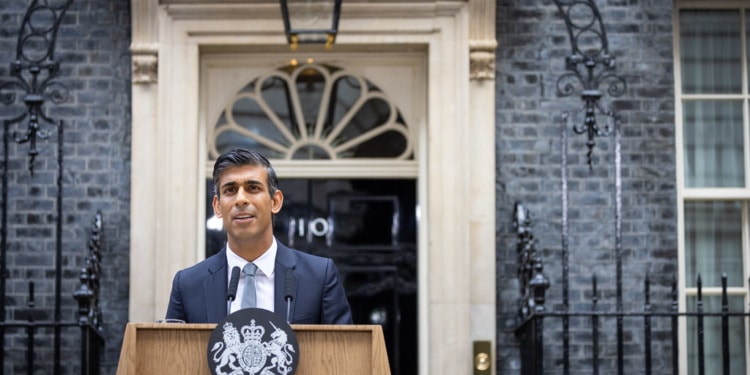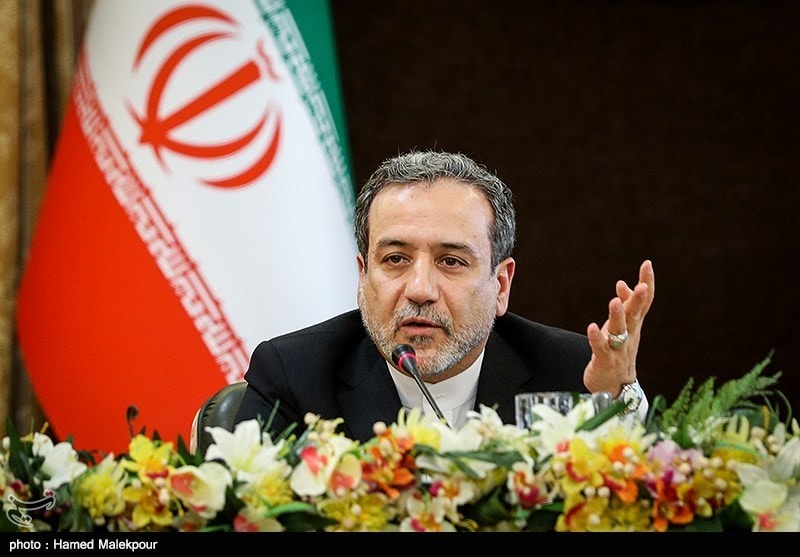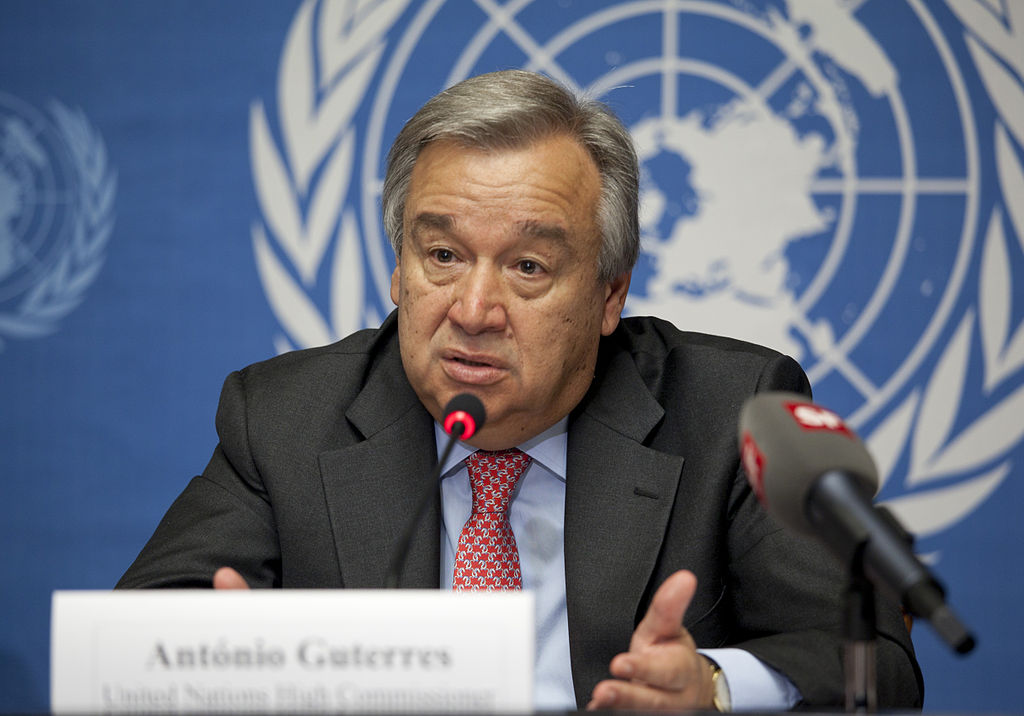On Tuesday, British Prime Minister Rishi Sunak announced the creation of four new government departments, including the Department for Energy Security and Net Zero, with the approval of King Charles II.
This move came as a reshuffling of the Conservative Prime Minister’s Cabinet, in which he split up the Department for Business, Energy and Industrial Strategy (BEIS). In its place, he built a combined Department for Business and Trade; a Department for Science, Innovation and Technology and a streamlined Department for Culture, Media and Sport, in addition to the new energy department.
A separate department for climate change and energy is not new. In 2008, then-Prime Minister Gordon Brown formed the Department of Energy and Climate Change. This department was disbanded in favour of the Department for BEIS by Theresa May in 2016 during her tenure as Prime Minister.
The new Department for Energy Security and Net Zero has been tasked with securing long-term energy supply, while reducing energy bills and halving inflation. The desire to secure domestic nuclear and renewable energy sources come explicitly in the wake of the Russian-Ukraine war and its ensuing energy crisis.
As the UK government explains on their website:
“The Department for Energy Security and Net Zero will provide dedicated leadership focused on delivering security of energy supply, ensuring properly functioning markets, greater energy efficiency and seizing the opportunities of net zero to lead the world in new green industries.”
The reshuffle could be a sign of welcome innovation in green technology, which the UK has thus far been sorely lacking.
This year, the department, headed by former transport secretary, MP Grant Shapps, plans to reduce the cost of living and deliver better financial security by lowering energy bills. By ensuring a national energy supply, Sunak hopes to protect consumers from external impacts.
In the longer term, the department’s objectives include properly functioning energy markets, and coordinating net zero objectives across the government. They also intend to bring external delivery expertise to bear on its portfolio of major projects, having currently inherited the energy portfolio from the Department for BEIS.
The UK government released a list of six priority outcomes for the new department.
The first tackles the immediate cost-of-living and energy crises. It is to ensure security of energy supply this winter, next winter and in the longer-term – bringing down energy bills and reducing inflation, of which heightened energy costs is a key factor.
Related articles: Could Plans to Improve London’s Air Quality Deepen Inequality? | A New Era in EU Electricity: Wind and Solar Overtake Gas | Why a Different Approach to EVs is Needed to Make Mobility Fully Sustainable | Sunak’s First Week: What’s Happened to the UK’s Environmental Policy?
The second is to ensure the UK is on track to fulfil its legally binding net zero commitments. According to the 2008 Climate Change Act, the UK is obliged to lower its carbon emissions by at least 100% compared to 1990 levels, otherwise known as “becoming net zero.”
The third priority is to improve the energy efficiency of UK homes, business, and public sector buildings in order to meet the November ambition to reduce UK energy demand by 15% by 2030.
The fourth is to deliver the current schemes aimed at supporting energy consumers with their bills, while providing a long-term reform to the electricity market and improving how it works for families and businesses.
Fifth, the UK government intends to seize the economic benefits of net zero, including the jobs and growth created through investment in new green industries. This can be really exciting, because, as mentioned before, the UK hasn’t been capitalising so far on green technology.
The sixth and final priority is to pass the Energy Bill which will support the emerging hydrogen and carbon capture, utilisation and storage sectors. The bill also aims to update the governance of the energy system and reduce the time taken to approve offshore wind farms.
Currently in the UK’s House of Lords, this bill needs to pass through the House of Commons and then the final stages – consideration of amendments and royal assent – in order to be ratified.
Overall, the creation of the new Department for Energy Security and Net Zero should have some positives. Being led by secretary of state Grant Shapps, the department is likely to bring the subject of renewable energy more prominently in parliament.
The creation is also a good sign for focus on green innovation in the UK, and shows a real and ready response to the climate crisis.
However, it’s worth remembering that net zero can be a convoluted term that hides all manner of ills, and does not have the clearest track record in British political history.
Although having its own department does mean more focussed power behind a sustainable energy sector, without having to compete with business, it remains to be seen how effective the department will be, and how it will approach its six priorities.
The stage is set, but there’s little more to be said until the play begins.
Editor’s Note: The opinions expressed here by the authors are their own, not those of Impakter.com — In the Featured Photo: Rishi Sunak Arrives in Government. Featured Photo Credit: Number 10.














